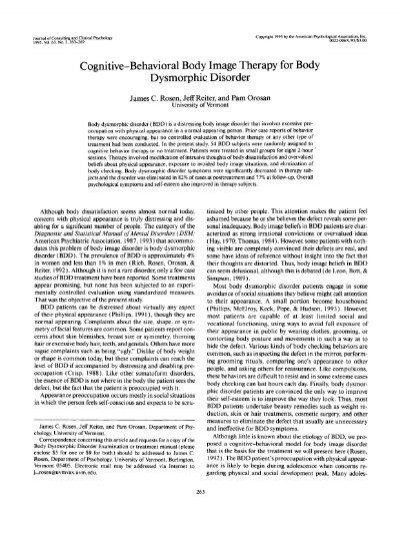Fundamentals of Body Analysis Explained Trends
Fundamentals of Body Analysis Explained Trends
Blog Article
In today’s world, where relationships go beyond words, learning about body analysis is becoming an essential skill for managers and anyone who wants to understand human nature.
This article will show you how body analysis explains not only movement patterns but also unconscious reactions.
Let’s dive into the fascinating world of body analysis, starting with why so many professionals use it.
Why Learn Behavioral Body Analysis
It’s not just about reading others; it’s also a tool to gain self-awareness.
Many professionals use behavioral body reading to improve client interactions. Therapists may observe movement habits to detect emotional blocks.
Learning the science of body reading also enhances empathy. By noticing subtle cues, you become more aware to others’ needs and emotions.

Methods of Behavioral Body Analysis
Another approach looks at body proportions, connecting physical characteristics with psychological tendencies.
The “body explains” model, made popular by modern coaches, connects physical structure with specific personality archetypes.
While these methods differ in focus, they all share a common goal: to understand the link between body and mind.

How to Apply Body Analysis
Applying body analysis in real life starts with observation. Begin by noticing eye contact in different contexts.
Therapists use posture and body language to assess emotional openness.
This skill deepens empathy because it encourages listening beyond words.
Misconceptions in Body Analysis
For example, crossed arms might signal defensiveness, but could also mean someone is simply cold or tired.
People are shaped by culture, upbringing, and experiences that go beyond physical form.
Parents use body analysis to understand children’s unspoken feelings. Teachers notice students’ posture shifts to catch disengagement.
How the “Body Explains” Model Works
According to this model, body posture may point to unconscious defenses.
For example, tight jaw might symbolize repressed anger.
Clients working with “the body explains” methods often experience breakthroughs as they connect tension areas with emotions.
Ethical Considerations in Body Analysis
Practicing body analysis ethically means respecting privacy and avoiding snap judgments. Observing someone’s body language or traits doesn’t give license to diagnose them without consent or dialogue.
Another ethical guideline is to contextualize observations. A behavior or posture in one culture may mean something very different elsewhere.
When sharing insights from body analysis, it’s crucial to invite dialogue rather than declare facts.
Developing Body Reading Skills
Over time, you’ll sharpen your ability to detect subtle cues and contextual signals.
It’s important to stay humble, knowing that no single signal tells the whole story. Observing clusters of signals gives a more accurate reading.
The goal isn’t to “catch” people hiding things but to understand human behavior more deeply.

Final Thoughts on Body Analysis
In conclusion, behavioral body analysis offers valuable tools for anyone seeking to improve emotional intelligence.
The journey doesn’t end here: continued practice, reflection, and ethical use deepen your competence over time.
Body analysis is not about instant answers but lifelong learning.
FAQ About Body Analysis
How do you define body analysis?
It involves studying how the body expresses subconscious tendencies and communicates beyond words.
Is body analysis difficult to learn?
Like any skill, body analysis improves with experience, study, and reflection over time.
Is body analysis 100% accurate?
Body analysis is an interpretive tool, not an exact science.
How can I use body analysis professionally?
It helps professionals build rapport, detect unspoken needs, and adjust communication strategies.
Are body analysis and body reading the same?
Both overlap but body analysis may explore deeper character patterns linked to the body’s form.
Como é feita a avaliação corporal e para que serve? Como age uma pessoa de caráter? Report this page